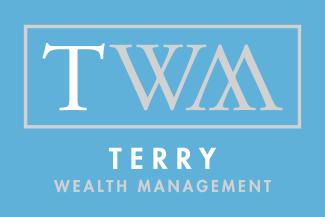
It's National Financial Planning Month
October is National Financial Planning Month, which can serve as a great reminder to check in on your long-term financial goals and make sure you have a plan in place.
People without a stable financial plan tend to jump on every movement in the stock market. They buy stocks because everyone is buying and they sell when everyone is selling.
All too often, people without a financial plan don’t know how to react to uncertainties, in part because they don't have anyone to turn to with their questions and/or fears. Every dip in the market can bring anxiety and too often it's cause for impulsivity or yielding to the crowd mentality. While the TV & internet investment gurus like to offer advice, it may not be appropriate to your specific situation. Establishing a relationship with a financial professional can be a great way to get your financial house in order and it gives you someone to rely upon for advice that places your interests first.
Are you among those who believe financial planning is only for those approaching retirement? Well, I have news for you: The earlier you start, the better. The decisions you make now (good or bad) have compound effects on your future. Waiting until you are close to retirement is like an athlete refusing to train or play all season and expecting to be the star of the final match.
If you start planning now, you will enjoy the compound effects of good financial habits. If you are among those who think their income and assets are too small to require planning, remember, no income is too small. Moreover, without a plan, your income will not grow and you might continue to lose it in the fear-greed cycle.
Those who are afraid to think about things like life insurance, estate planning and retirement planning must know it's better to be prepared for the inevitable rather than shy away and leave it to chance.
Some interesting statistics show why financial planning is golden:
- People with financial plans are 78% more likely to pay their bills and save every month compared with those without a plan.
- People with financial plans are 68% more likely to have an emergency fund than people without a plan.
- Those with financial plans are 74% more likely to automate a portion of their income into savings.
- Financial planners exhibit better investing habits. The survey shows 85% of planners who invest regularly rebalance their portfolios and 75% consider risk tolerance when investing.
People with written financial plans have a greater feeling of financial stability (63%) compared with those without a plan. Contact us today so we may help you get your financial house in order!

